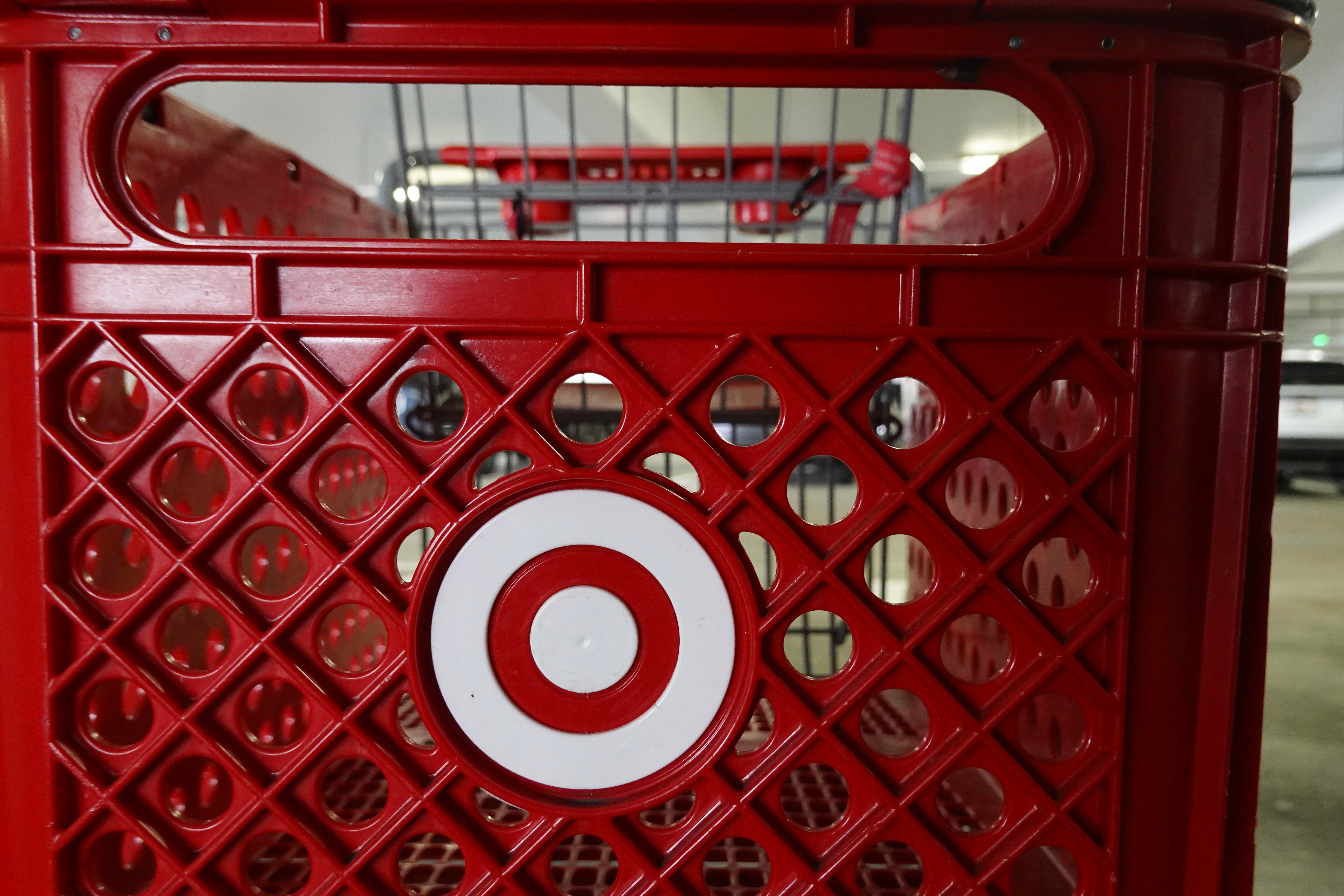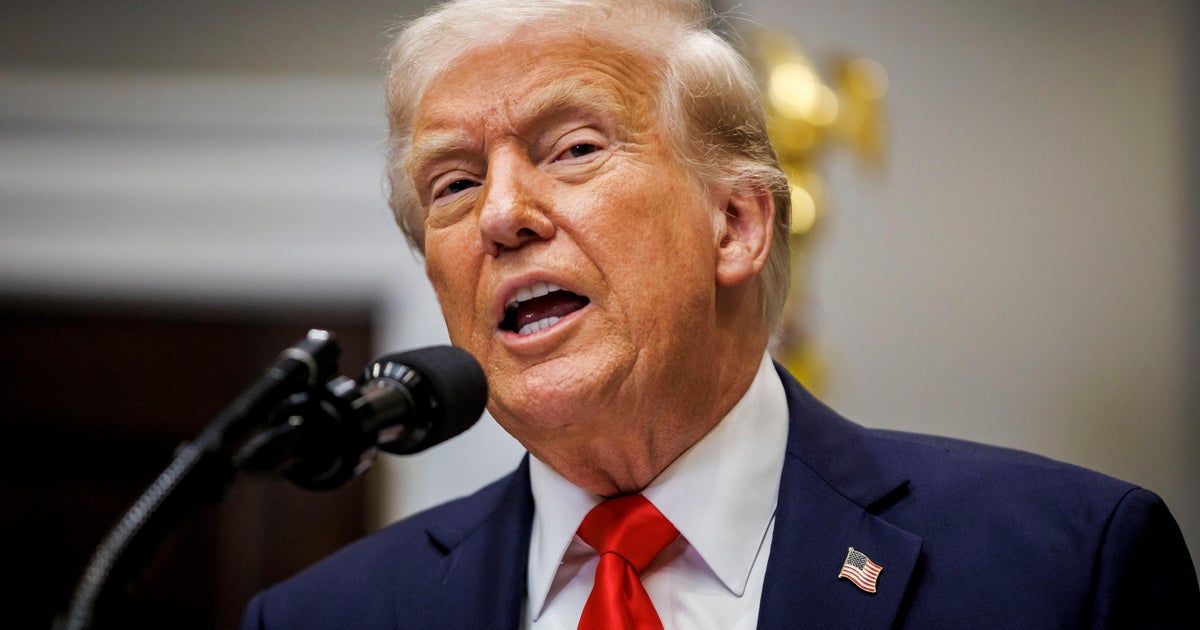Target CEO: Expect swift price increases on certain items due to Trump tariffs
Sales and profits slipped for Minneapolis-based Target during the crucial holiday quarter as customers held back on spending and the company said there will be "meaningful pressure" on its profits to start the year because of tariffs and other costs.
The retailer beat most estimates, however, and shares rose slightly before the opening bell Tuesday.
President Trump's long-threatened tariffs against Canada and Mexico went into effect Tuesday, pushing markets in Asia, Europe and the U.S. lower, and setting up costly retaliations by the United States' North American allies, not to mention China.
In an interview with CNBC on Tuesday, Target CEO Brian Cornell said consumers will "likely see price increases over the next couple days" for certain categories, including produce staples like avocados, bananas and strawberries.
"We depend on Mexico during the winter, we're going to try and make sure we can do everything we can to protect pricing, but if there's a 25% tariff, those prices will go up," Cornell said.
He says half of the goods Target sells are made in the U.S., and they've worked to diversify the company's supply chain for "more optionality."
"Over the last few years we've gone from 60% of our imports coming from China to 30%, and we're on a path to get it down to 25%," Cornell said.
China said Tuesday that it will impose additional tariffs of up to 15% on imports of key U.S. farm products, including chicken, pork, soy and beef, and also expanded controls on doing business with key U.S. companies.
Target reported net income of $1.1 billion, or $2.41 per share, far better than the $2.26 that Wall Street was expecting, according to a survey by FactSet. That is down from the $1.38 billion profit the company reported in the same period last year, though the most recent quarter had one fewer week of sales. Revenue fell to $30.91 billion, from $31.9 billion, but that also beat expectations.
Americans have been pulling back on spending and retailers face a lot of uncertainty in the year ahead.
Consumers have already been pulling back on discretionary spending because the costs of groceries have risen so sharply. That is an area where Target can be vulnerable because so much of its sales come from discretionary items like clothing and electronics purchases.
Sheraz Mian, director of research at Zacks Investment research, says while Target's fourth quarter results were better than expected, "management's guidance for the year came in weaker than expected."
"This is another disappointment from Target, which has persistently come up short over the last couple of years," Mian said. "While tariffs are undoubtedly a legitimate new headwind, management had known about it for quite some time, particularly since the November elections."
Analyst Neil Saunders of GlobalData says while Target is "far from" being a "terrible retailer," he says the company is currently plagued by "inconsistent execution," "a relative lack of newness in stores" and "a somewhat muddled position when it comes to price and value."
"Of all the mass market retailers, Target has lost the highest number of shoppers from stores to other channels such as Amazon," Saunders said. "Basically, the message is being sent that Target will remain on the back foot for the time being."
Target said Tuesday that it expects sales to be flat in 2025, and that its earnings per share will be between $8.80 and $9.80. Wall Street had been projecting per-share earnings of $9.29 for the year.
During the most recent quarter, comparable sales — those from stores and digital channels operating for at least 12 months — rose 1.5%. That was higher than the 0.3% gain during the third quarter. Target posted a 2% gain in the second quarter and a 3.7% drop in the first quarter.
Speaking about the current quarter, Chief Financial Officer Jim Lee said that sales declined in February in part because of brutal weather across the U.S. But sales should pick up, Lee said.
"We will continue to monitor these trends and will remain appropriately cautious with our expectations for the year ahead," Lee said.
The retailer has also faced some backlash after shifting away from diversity, equity and inclusion (DEI) efforts, with the daughters of company founder Bruce Dayton accusing Cornell and top brass last month of "cowering" to possible threats from the Trump administration.
"It is not 'illegal' for a company to create a business model based on what it believes to be important ethical and business standards," wrote Anne and Lucy Dayton in an editorial published in the Los Angeles Times.




